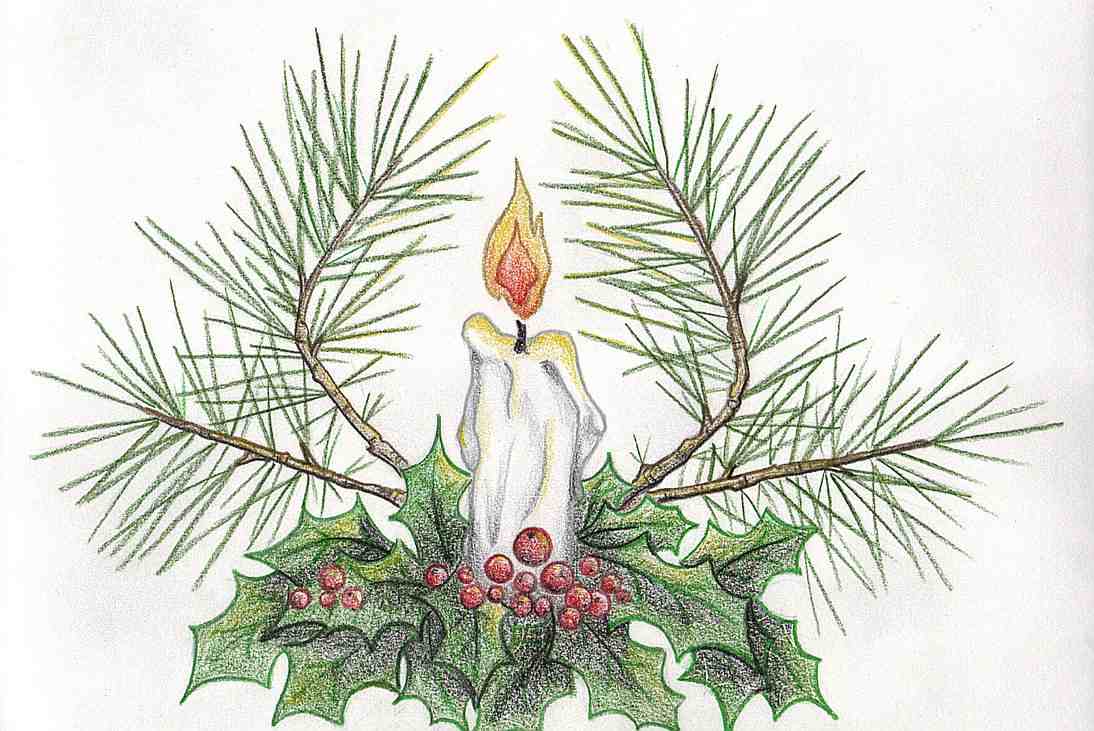August, originally called Sextilis by the Romans, was later named Augustus in honor of Augustus Caesar. Gathered harvests were celebrated in many lands during this month.
August 1st was a Celtic feast called Lunasa or Lughnassadh, meaning the celebration of harvest and new grain for bread. In Old English this became Lammas, or “Loaf Mass.” The Romans also had a harvest festival during this month, that of the Consualia when sacrifices to Consus were made. Consus was the god of the underground storehouse where the grain was kept.
They also celebrated the Opseconsiva, a harvest festival for the goddess Ops. Wine and freshly baked bread were placed on her altars. Near the end of the month they had a thanksgiving feast called the Charisteria.
At three times during August, the Romans honored the god Vulcan: on August 17 at the Portunalia; on August 27 at the Volturnalia; and again on August 23 at the Volcanalia. this last festival was held outside the city boundaries and was to ward off accidental fires, a real threat in such closely-packed and fire-prone towns. Vulcan was not the only deity honored during these festivals. The goddesses Juturna (deity of fountains) and Stata Mater (who put out fires) were invoked as a counterbalance to Vulcan’s fires – volcanoes or otherwise.
The very early Greeks had a holy day for Hecate the Dark Mother on August 13, and ten days later one for Nemesis, the goddess who balanced the scales of justice with rightful revenge and punishment. In Rome, women who had prayers answered by Diana and Hecate marched by torchlight to the temples of these goddesses. There they held a special ceremony for women only and gave thanks.
The Egyptian Blessing of the Boats is quite similar in nature to the Roman festival of the Ludi Piscatari in June during the Mead Moon. Each boat was considered to have its own personality and a need for protection and blessing. The same can apply today to cars, boats, bikes, motorcycles, and in fact to any form of transportation upon which one relies.
In India today, the Hindu people still honor the elephant-headed god Ganesha, the deity who removes obstacles and brings good luck. Flowers and dishes of rice were set before his statues. However, it is considered unlucky to look at the Moon during this festival.
Yapaquix (Sowing Month), also known as Chacra Ayapui or Capac Siquis, was celebrated by the Incas. The people of Tibet had only one major holiday this month, the Sikhim festival of the birth of Padmasambhava.
From: Moon Magick
Krazelna: Day of Hekate
Krazelna: Day of Hekate
Krazelna: Day of Hekate
Rachel V Perry: Emancipation Day
Rachel: The Nemesia




Leave a Reply